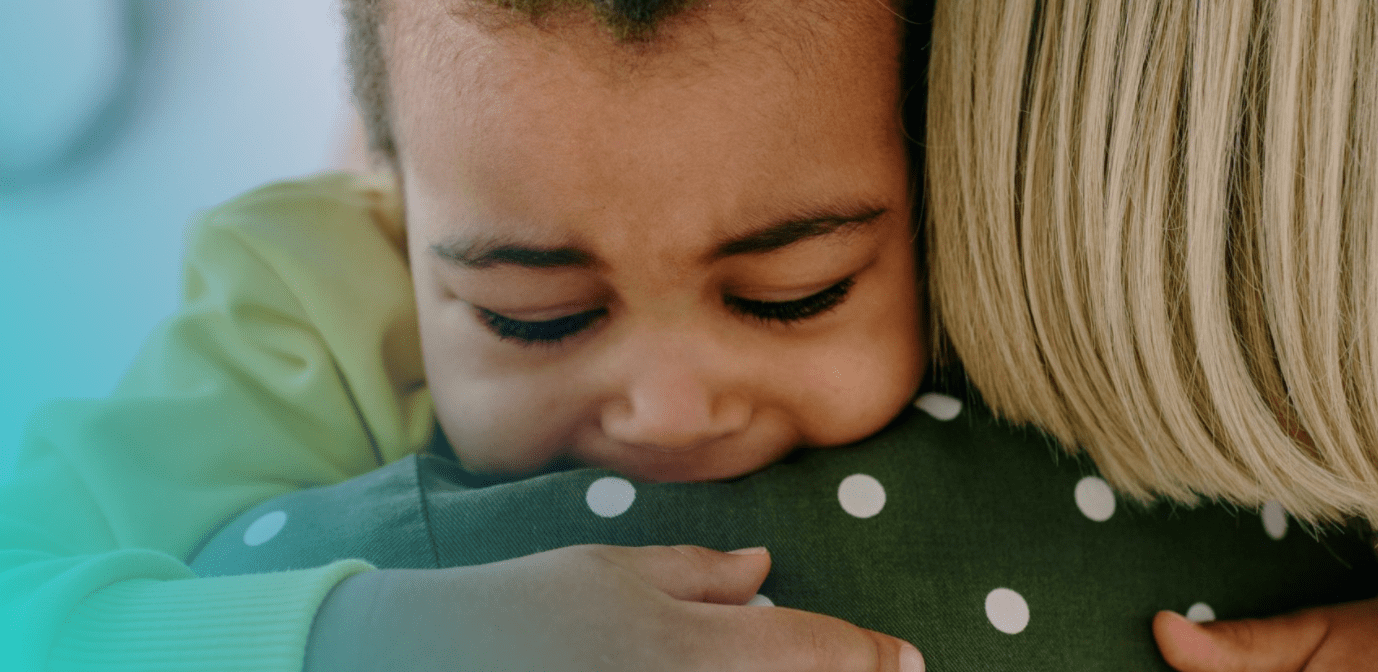
Negative emotions? Unpleasant feelings? Chances are you have them. And chances are they’ve intensified this past year, as we’ve struggled with the effects of the pandemic. If you’re like us, chances are you’ve tried to push them down or numb them out. The good news about “bad” emotions is that they really aren’t bad at all.
Unpleasant feelings are part of the vast, human emotional spectrum and having the full range of emotions is a sign of good mental health. Grief and sadness are healthy responses to loss. When anger is justifiable, it is a healthy response to mistreatment.
This past year we have been dealing with a significant amount of grief and loss, both as a society, and individually. We might be mourning our pre-pandemic lives. Or grieving for loved ones. Perhaps you’ve lost your job or your business. These experiences will create feelings that just aren’t easy.
But feeling all our feelings is simply part of being human, and there may be no such thing as “negative” feelings. In fact, the very feelings we associate with feeling bad are actually good for us. Here are some myths about negative feelings, and the corresponding facts.
Myth: It’s better to suppress – than express – your negative feelings.
Fact: Suppressing your feelings can backfire.
When it comes to emotional behaviours, research shows that recognizing when you’re upset or feeling down is more effective than pushing down those feelings. For instance, studies have shown that emotional cravings for food and alcohol increase when you try to suppress them.
When it comes to anger, if it’s bottled up, it can lead to an unhealthy anger response.
If it is turned inward, anger can lead to depression and other health problems.
ANGER
Myth: Anger will always lead to violence.
Fact: Anger has a very bad rap. It’s not surprising, really, as it is associated with violence and aggression. But feeling and even expressing anger do not have to lead to aggressive behaviour. It is very important to note, however, that when anger is turned outward as aggression, it is destructive and unacceptable.
Myth: Anger serves no constructive purpose.
Fact: Anger can actually be our friend when we’re not acting it out.
When it is justified and appropriate, anger can be constructive. It can help clarify and solve problems and correct misunderstandings in relationships. When people can express their anger calmly, they are more able to resolve conflict. Some researchers suggest that constructive anger can even promote heart health.
When we are threatened or attacked, anger can provide the strength we need to protect ourselves or stand our ground. Social movements fueled by anger can also be effective in overcoming injustice in society.
SADNESS
Myth: Sadness serves no purpose.
Fact: In many cultures, sadness is considered an “undesirable” or “problem” emotion that serves no purpose. In fact, sadness serves important functions. Sadness can trigger thinking and behaviour strategies that help us deal with demanding social situations. It is also a healthy way to process an experience of loss.
Myth: if you’re crying, you’re not coping.
Fact: This is just not true. Crying is an indication of strong feelings, to be sure, but tears are a natural way to work through grief, loss and sadness.
FEAR
Myth: Fear causes us to freeze in our tracks, which makes us open to danger.
Fact: In fact, fear makes human beings get out of harm’s way. Instinctively. We don’t even have to think about it. That’s because our species evolved fear as a way to respond quickly to dangerous situations – which is known as the “fight or flight” response. It allows us to make our escape, and it was essential to our survival. At the same time, being fearful puts us on high alert, bringing us back to the present moment, which can make us better able to deal with danger.
—
What it boils down to it this: go ahead and feel what you feel. Even if it’s hard or uncomfortable. It may not always be pretty, but it can do you good.
Of course, if anger, sadness or fear are causing you distress, and these feelings last for a long time, are very intense and/or are interfering with your ability to function, they may indicate a problem. Please seek help from a healthcare provider. It is also important to reinforce that anger expressed inappropriately as threat or violence cannot be tolerated.
Sources
https://www.scientificamerican.com/article/negative-emotions-key-well-being/
https://www.takingcharge.csh.umn.edu/impact-fear-and-anxiety
https://www.smithsonianmag.com/science-nature/what-happens-brain-feel-fear-180966992/
https://www.apa.org/monitor/mar03/angrythoughts
https://doi.org/10.1111/1468-5914.00196
https://doi.org/10.1177/0146167207311281
This article was written for Mental Health Week and originally appeared on CMHA National’s Mental Health Week website.
